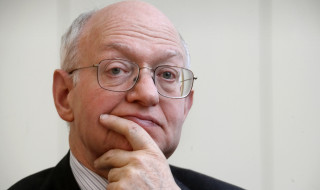Is the ECB too close to the private sector?
Yesterday the FT uncovered a series of meetings between ECB policymakers and the private sector that occurred just before the governing council meetings from which important, market-moving, interest rate decisions resulted. Central banks were made independent from the government to avoid an evident conflict of interests that allowed us to achieve more stable, lower inflation…








